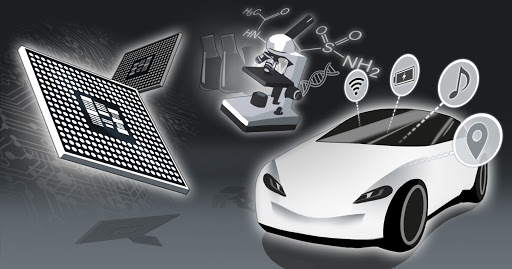 |
(Yonhap) |
South Korea's top economic policymaker said Thursday the government plans to provide support to help around 1,000 auto parts makers transform into key suppliers of next-generation automobiles by 2030.
Finance Minister Hong Nam-ki said the country plans to create a 500-billion won (US$448 million) fund to support research and development and facility investment in the next-generation vehicle sector.
"It is very necessary to take the lead in the next-generation vehicle and related parts markets," Hong said at a government meeting on new industries.
Korean automakers are accelerating the development and production of next-generation automobiles, including autonomous and hydrogen-fueled vehicles.
South Korea plans to allocate 282.6 billion won this year to help auto parts firms transform their business portfolios to cover next-generation automobiles.
The Moon Jae-in administration, in particular, has been pushing to foster the industry for EVs in line with its green energy policy.
South Korea plans to have eco-friendly cars, including hydrogen fuel cell cars, take up 30 percent of the total automobiles registered in the country by 2030, rising sharply from the current estimate of 3 percent.
Outbound shipments of auto parts came to $18.6 billion in 2020, down 17.2 percent on-year amid the COVID-19 pandemic.
Hong also said the government will push for a preliminary feasibility study over its key projects to foster the chipmaking industry.
In May, the country unveiled a plan to provide tax incentives and subsidies to chipmakers to encourage them to invest a combined 510 trillion won by 2030
The move is aimed at helping the country become a global powerhouse in both memory and non-memory chips.
South Korea is a powerhouse of memory chips, led by Samsung Electronics Co., the world's largest memory chip maker, and its smaller rival SK hynix Inc. But they have relatively lagged in developing non-memory chips, including system semiconductors.But local auto parts makers have been struggling to cope with the changing trend due to lack of technology and manpower. (Yonhap)








